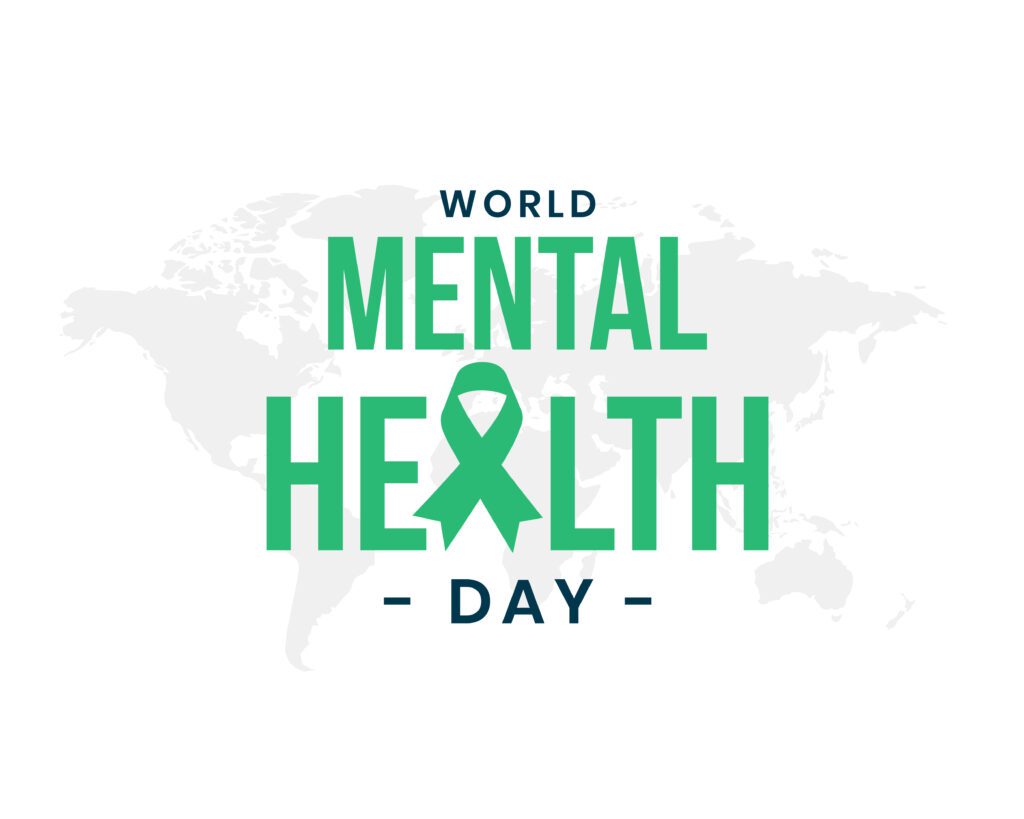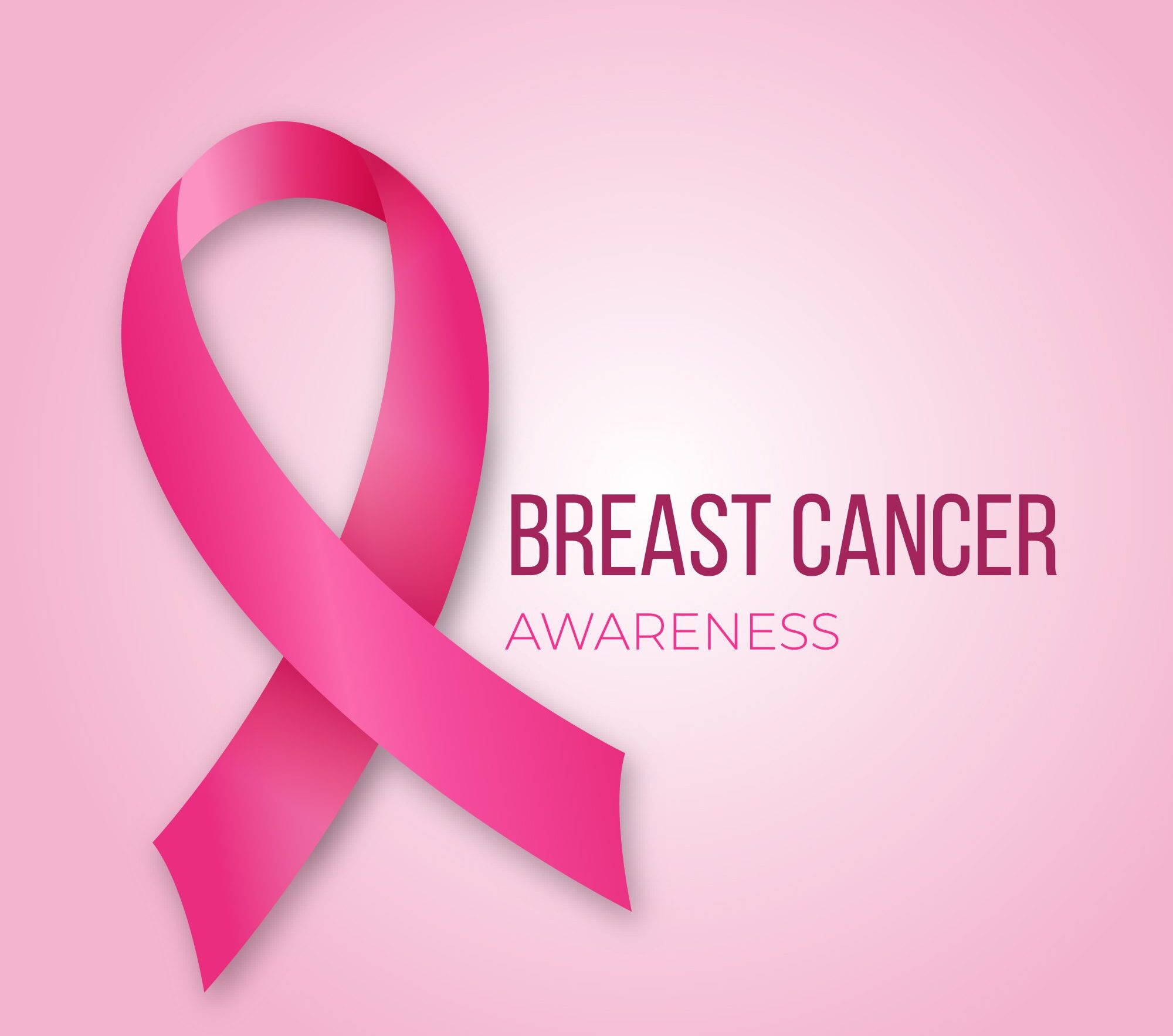Every October 10, the world marks World Mental Health Day, a reminder that mental well-being is just as important as physical health.
In Nigeria, conversations about mental health are becoming more visible, but stigma, cost, and limited access still prevent millions from getting the help they need.
A truly healthy life is one with mental, emotional, and social well-being. This year’s theme Mental health is a universal human right” reminds us that everyone deserves access to care, compassion, and support.
The State of Mental Health in Nigeria
Recent studies show that one in four Nigerians will experience a mental health condition in their lifetime, ranging from mild anxiety to severe depression or psychosis. However, fewer than 10% of people living with mental illness in Nigeria receive adequate care, according to data from the World Health Organization (WHO) and Nigeria’s Federal Ministry of Health. The reasons are complex:
- Here is still see mental illness as a spiritual issue rather than a medical one.
- Shortage of professionals: fewer than 300 psychiatrists serve a population of over 200 million.
- Cost of care: therapy and medication are very unaffordable without insurance.
For Bastion, these realities underscore the need for accessible, affordable, and stigma-free mental health coverage for Nigerians.
Common Mental Health Conditions Affecting Nigerians
- Depression: Characterized by persistent sadness, loss of interest, fatigue, and sleep changes. Depression can affect anyone from students to CEOs and is one of the leading causes of disability worldwide.
- Anxiety Disorders: These include generalized anxiety, panic disorder, and phobias. Symptoms may range from constant worry to physical signs like a racing heartbeat or breathlessness.
- Stress and Burnout: Nigeria’s fast-paced work culture and economic pressures have made chronic stress a silent epidemic. Among professionals, especially HR and healthcare workers, burnout has become a major concern.
- Substance Use and Addiction: From prescription misuse to recreational drugs, many Nigerians turn to substances as coping mechanisms. This highlights the urgent need for counselling, rehabilitation, and supportive insurance coverage.
Recognizing the Warning Signs
Mental health challenges often start subtly. Look out for:
- Persistent sadness or mood changes
- Withdrawal from friends or activities
- Changes in appetite or sleep
- Difficulty concentrating
- Feelings of hopelessness or worthlessness
- Thoughts of self-harm or suicide
Early recognition and professional support can make a significant difference.
Breaking the Stigma: Mental Health Is Not a Weakness
In many Nigerian homes, mental illness is misunderstood or hidden due to shame. Phrases like “it’s just stress” or “pray” discourage people from seeking medical help. Mental illness is not a failure of faith or willpower. It is a health condition that deserves medical attention and empathy. At Bastion HMO, we continue to educate communities and workplaces to replace stigma with support, and judgment with understanding.
Workplace Mental Health: Supporting the People Behind the Work
For HR professionals and business leaders, employee mental health directly impacts productivity, retention, and company culture. Burnout, presenteeism (showing up but underperforming), and absenteeism are costing Nigerian companies millions in lost hours each year.
Through Bastion’s Corporate Wellness Programs, businesses can:
- Provide confidential counselling access
- Integrate mental health coverage into staff plans
- Organize wellness check-ins and webinars
- Build a culture of empathy and openness
Affordable Mental Health Care Through Bastion HMO
Traditionally, mental health care in Nigeria is either too expensive or too hard to find.
Bastion’s plans are designed to change that offering affordable coverage that includes mental health consultations like virtual therapy, and medication in partner facilities nationwide. Whether you are struggling with anxiety, burnout, or depression, you can always reach out quietly, safely, and affordably through your Bastion HMO app.
How to Care for Your Mental Health
Here are consistent habits that can make a difference:
- Prioritize rest: Sleep is essential for emotional balance.
- Stay active: Physical activity releases mood-lifting endorphins.
- Eat nourishing foods: Your brain needs fuel as much as your body does.
- Connect with others: Talk to trusted friends or join support groups.
- Seek professional help: Do not wait until things feel unbearable.
If You Need Help, Reach Out Today
If you or someone you know is struggling, please seek help immediately.
In Nigeria, you can contact:
- LUTH Suicide Prevention & Counselling Centre: 0908 103 1239
- Nigerian Suicide Prevention Initiative: 0908 641 4444
- Lifeline Nigeria: 0708 641 4444
And remember, if you are a Bastion HMO member, your care journey starts with a simple step: book a mental health consultation through your plan today.
Conclusion: Health Includes the Mind
Mental health is everyone’s business. When we nurture it, we create stronger families, workplaces, and communities. This World Mental Health Day, Bastion HMO invites you to check in with yourself and those around you.







